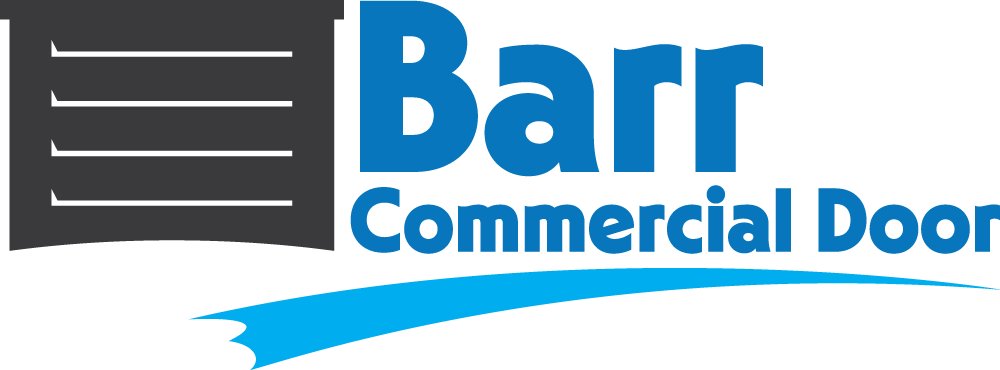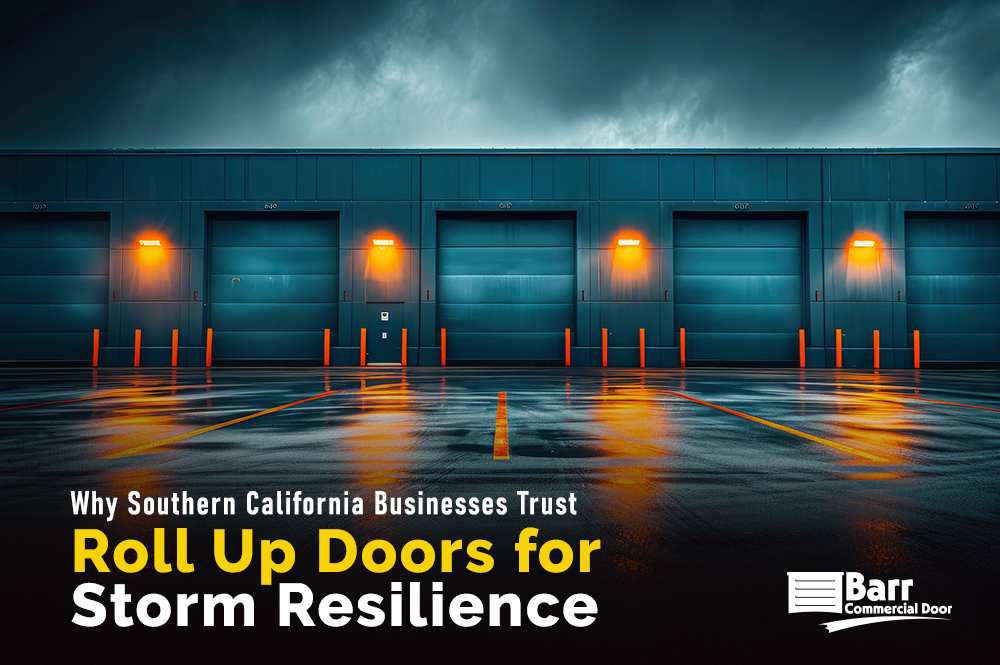Overview: A loose door handle is more than an inconvenience — it’s a security, safety, and compliance risk. Learn why timely repairs protect your property and people.
In the day-to-day management of a commercial property, some issues are hard to miss — like a broken window or a malfunctioning fire alarm. But smaller details, such as a loose door handle, are often overlooked. After all, if the door still opens and closes, what’s the harm in putting off a fix?
The truth is, a loose door handle is more than just a minor annoyance. It’s a warning sign that can quickly grow into a costly, unsafe, and non-compliant problem. Let’s break down why you shouldn’t ignore this seemingly small issue.
Security Risks You Can’t Afford
Commercial doors serve as your first line of defense. A wobbly or weak handle makes it easier for intruders to tamper with the lock, manipulate the latch, or force entry altogether. For businesses storing sensitive data, valuable equipment, or inventory, one compromised entry point can create a major vulnerability.
Ignoring a loose handle puts your property, employees, and tenants at unnecessary risk. Strengthening access control starts with ensuring that every door handle is secure and functioning as intended.
Safety Hazards During Emergencies
A loose handle doesn’t just threaten security — it can also impact life safety. In emergencies, such as a fire or power outage, every second counts. If a handle gives out when someone is trying to exit, it could trap people inside or slow down evacuation.
Fire and building codes require that all exit doors work reliably. By delaying a simple repair, you may unknowingly put your facility out of compliance and endanger occupants in a critical moment.
Also Read >> The Hidden Dangers of Ignoring Door Repairs
Costly Wear & Tear Over Time
When left unaddressed, a loose handle places stress on the door’s lockset, latch, and even the surrounding frame. What starts as a $50 repair can spiral into hundreds—or thousands of dollars in replacement costs.
Think of it this way: a loose handle is like a warning light on your car’s dashboard. Ignoring it won’t make the problem disappear; it only gives it time to grow. Addressing the issue promptly helps extend the life of your doors and hardware while protecting your budget.
Poor Impressions for Tenants & Visitors
Your doors are among the first touchpoints people encounter when entering your building. A handle that jiggles, rattles, or feels unstable sends the wrong message: that maintenance is not a priority.
For property managers, this detail can influence tenant satisfaction. For businesses, it can affect customer perception. In either case, something as small as a loose handle can undermine confidence in your facility’s overall care and professionalism.
A Warning of Bigger Mechanical Issues
Sometimes, a loose handle is just the beginning. It can signal deeper mechanical problems within the locking system or door hardware. By addressing it early, you not only fix the handle but also uncover any hidden issues before they escalate into emergencies that disrupt operations.
What You Should Do Next
If you notice a loose handle on a commercial door, don’t treat it as a low priority. The smart move is to call in a professional for inspection and repair. At Barr Commercial Door, we know how important it is to keep every door in your facility secure, safe, and compliant.
Our technicians specialize in spotting early warning signs and delivering solutions that prevent downtime, safety violations, and costly replacements.
Even better, including door handle checks in a routine maintenance plan ensures you catch these problems before they interfere with daily operations. Regular inspections save money, reduce risk, and give you peace of mind knowing your doors are always ready to perform.
Final Thoughts
A loose door handle might not look urgent, but it’s a detail that carries major consequences if ignored. From security breaches to safety code violations, the risks far outweigh the time and cost of a simple repair.
Don’t wait until the handle breaks or the lock fails; address it now, and protect the people, assets, and reputation of your facility.


